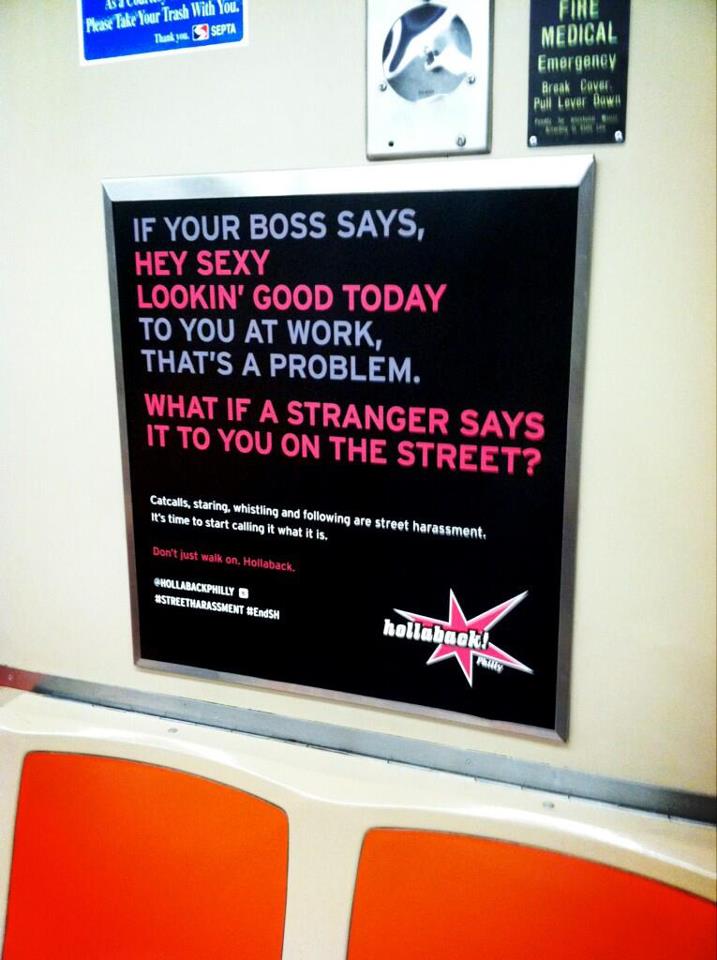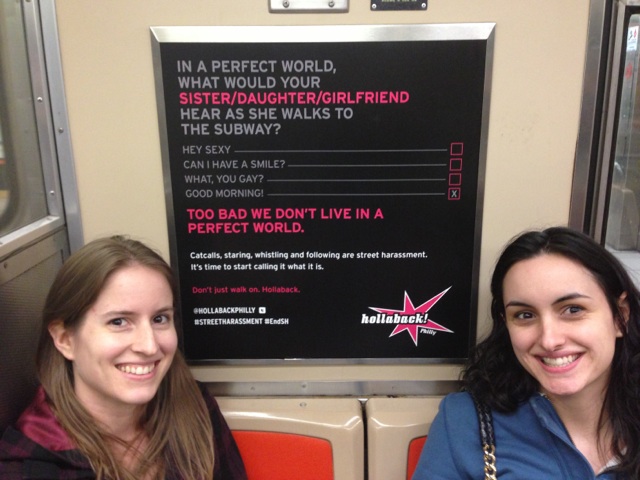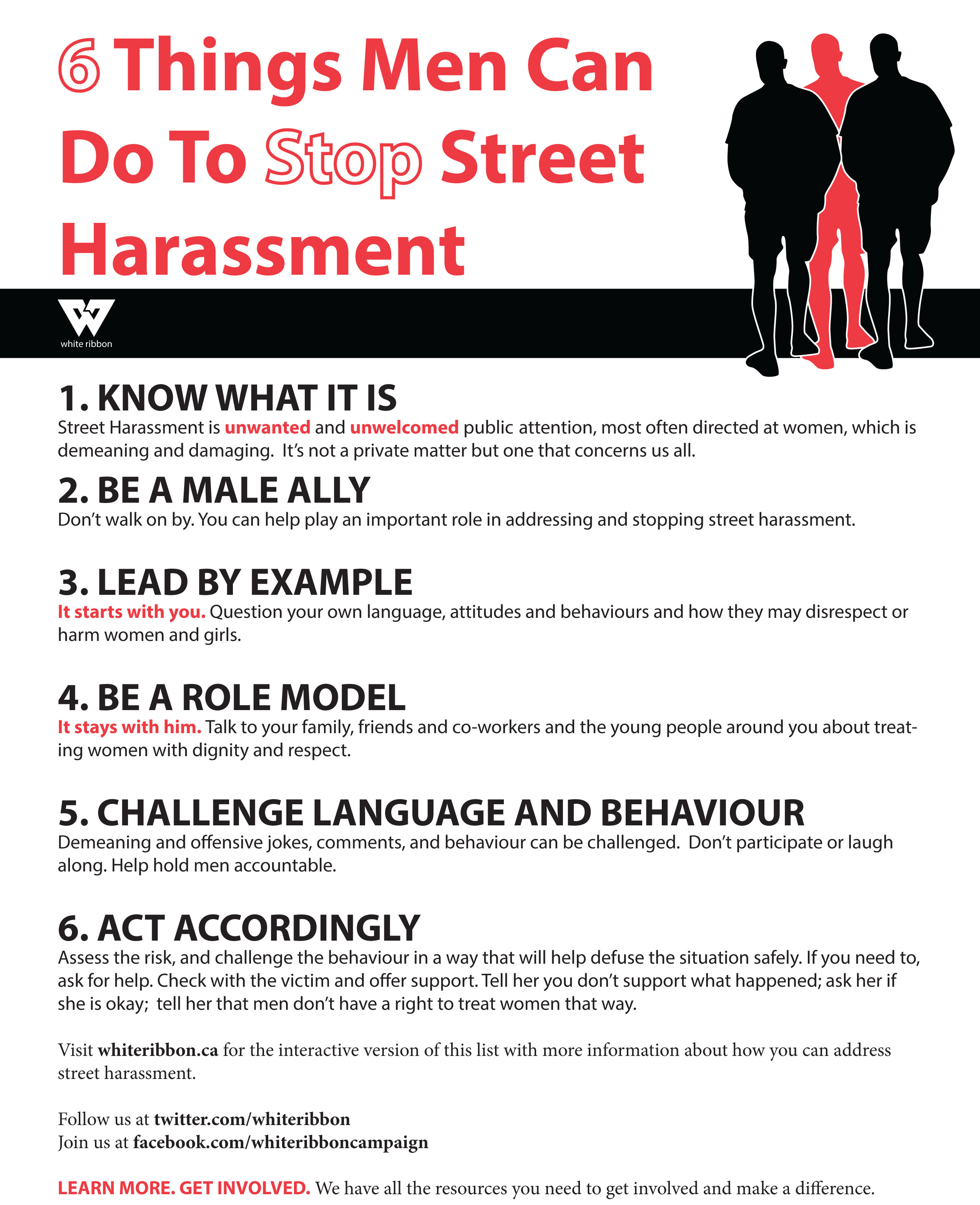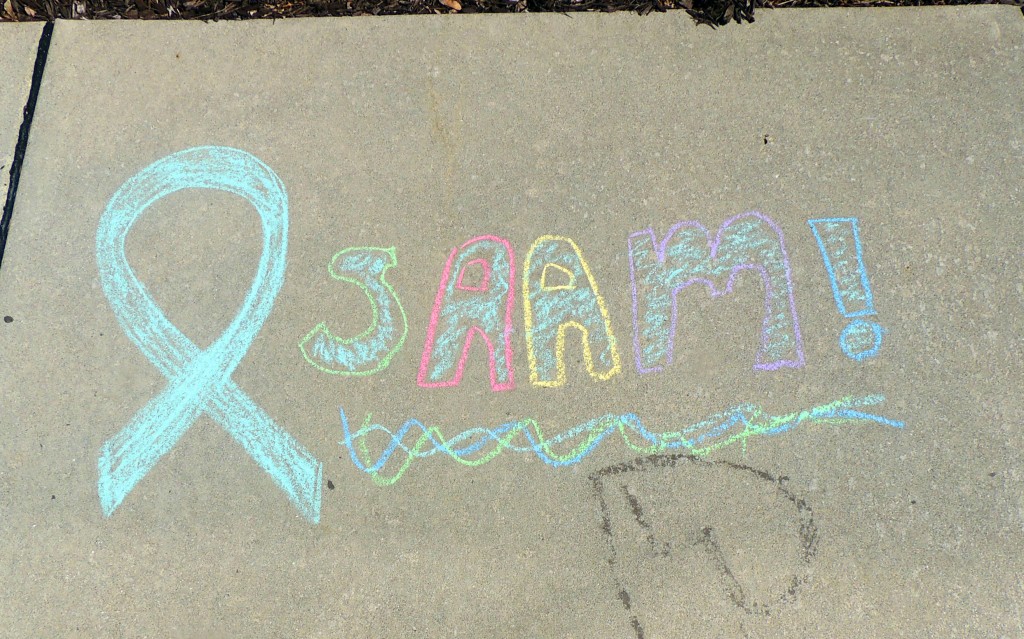[Editor’s Note: This blog post is cross-posted with permission from Fem2Pt0.]
Tweet Chat: On Monday, April 8, from 1-2PM ET Fem.2.0 will host a Tweet Chat, as part of the International Anti-street Harassment Week with special guests, Shawna Potter, Executive Site Leader & Melanie Keller, site leader of Hollaback! Baltimore to discuss the unique experience of street harassment that the LGBT individuals face. You can join the conversation at #EndSH.
I was talking to a friend on Facebook last week and, when he asked me what I was doing, I told him I was writing something for International Anti-Street Harassment Week.
He had no idea what I was talking about.
I sent him a link to the website and showed him some pieces I had written before on the topic of street harassment. And he was really surprised. He’d never seen public harassment framed this way and wasn’t familiar with the concept. He certainly understood that it happens, but not to the degree that I was describing.
My research in particular focuses on the street harassment of men who identify as gay or bisexual – research I undertook for my women’s studies MA thesis that attracted 331 responses from men around the world. What I found, and what should concern every one, is that about 90 percent of the men I surveyed said they are sometimes, often, or always harassed or made to feel unwelcome in public spaces because of their perceived sexual orientation.
I’m not sure that I was surprised by my friend’s response, though.
Of the 227 men who answered the question on my survey asking them to define street harassment, only 12 referenced sexual orientation, among other identity categories, as a reason for harassment. Since street harassment has been popularized as a largely gender-specific form of violence, it is possible that men do not conceptualize it as something by which they could possibly be affected – a thought process that is documented in gay and bisexual male domestic violence research. Many men view their experiences of victimization as inconsistent with their male identity – but this shouldn’t be so.
Men who are perceived to be anything other than heterosexual (and cisgendered) face harassment from straight (and other gay/bisexual) men who operate in homosocial spaces, distancing themselves from and adversely reacting to anyone whose masculinity falls short of comporting with what they view as appropriate. They face sexualized harassment from other gay/bisexual men (usually older men, according to my research participants, but certainly not exclusively). They face harassment from a lot of people and, like the street harassment of women across all identity categories, it’s not fair.
The men I conducted follow-up interviews with disclosed a lot to me, sometimes experiences (including rape) they hadn’t ever disclosed to anyone before. And after talking to them, that’s the biggest take-away: it really, really isn’t fair.
I don’t want to live in a world where my queer brothers and sisters feel compelled to hide physical evidence of their sexual orientation, to disguise any legibility of difference. Too many men involved in my research shared that they concealed particular parts of themselves in public to pass as heterosexual. This process is draining – emotionally, mentally, and physically. As is the perpetual fear of experiencing harassment.
Approximately 71 percent of the men who took my survey said they constantly assess their surroundings when navigating public spaces. In addition, 69 percent said they avoid specific neighborhoods/areas, 67 percent reported not making eye contact with others, and 59 percent said they cross streets or take alternate routes to avoid potential harassment.
I can’t say that I experience street harassment every day, as I know many women can. I don’t have to experience it to feel its affects, because I am always afraid. I’m afraid because it’s possible, because it’s happened before and will happen again, and because we live in a society where it’s unfortunately normal and expected.
And that’s why International Anti-Street Harassment Week is so important – because, like my friend, not everyone is familiar with how systemic this all-too-common phenomenon is and how many people it affects in very real ways. The more of us who speak out, the more attention it will get. It’s about collectively amplifying each other’s voices, about standing in solidarity and saying that this isn’t okay. It’s about human rights, and creating social spaces where all humans are free from this form of public harassment.
Patrick Ryne McNeil is a feminist, a non-profit worker and an anti-street harrasment advcoate. Follow him @patrickryne





